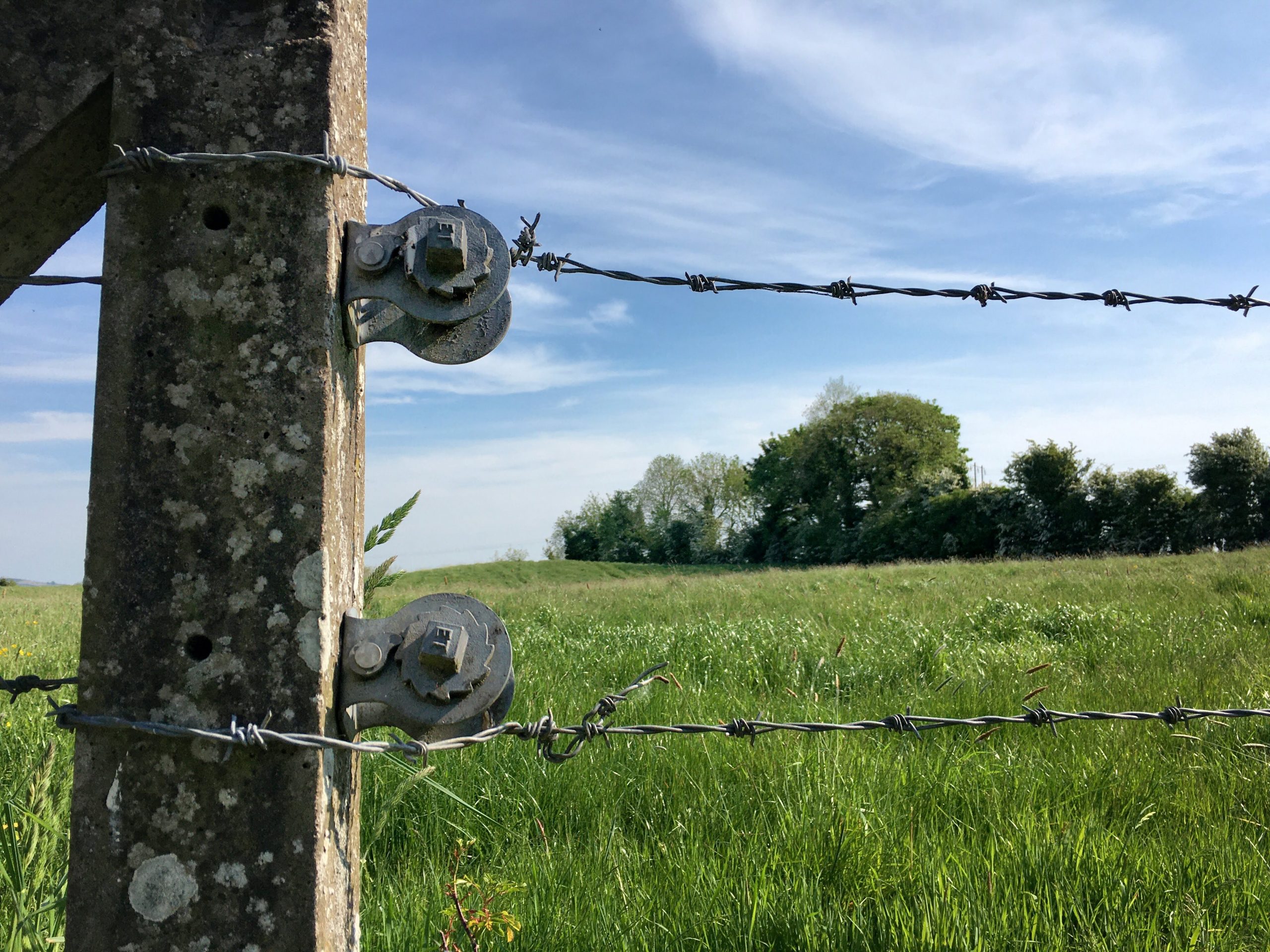This is the second in a three-part series that looks at how European, and more specifically Irish, society and the economy is changing. The first part focused on what Ireland needs to do today to address its most devastating disaster of the century. This part will focus on the crises that Ireland needs to solve for tomorrow. Part three will look at how our individual lives will need to change in response to a drastic reordering of society. ***** In my last column, I told you about the existential anxiety I feel anytime I leave my house right now and…
Cancel at any time. Are you already a member? Log in here.
Want to read the full story?
Unlock this article – and everything else on The Currency – with an annual membership and receive a free Samsonite Upscape suitcase, retailing at €235, delivered to your door.

